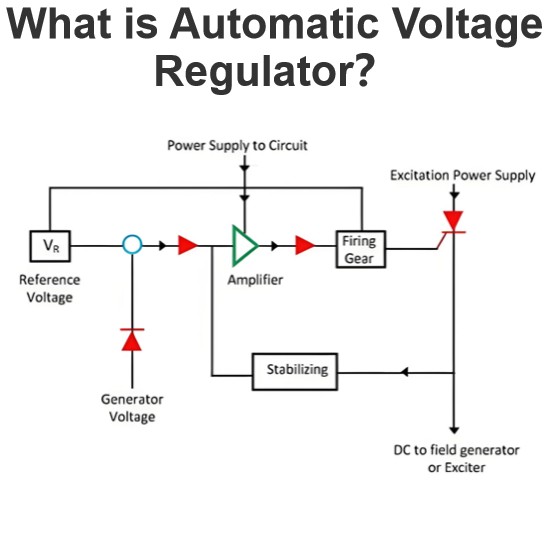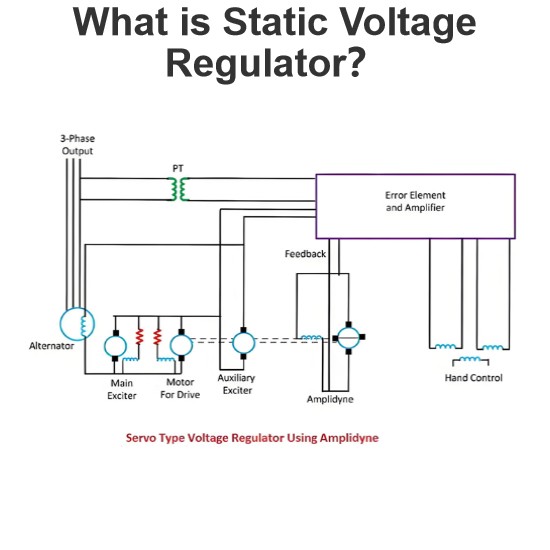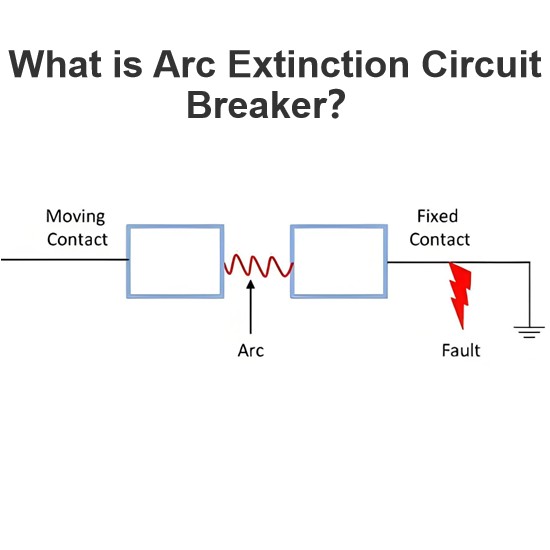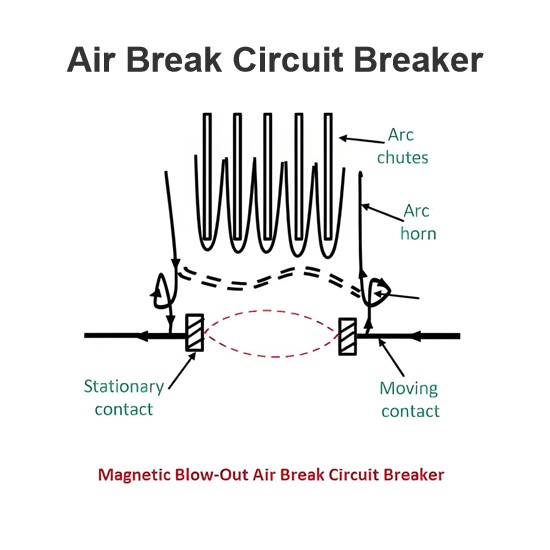What is the reason for using aluminium instead of steel in the production of electrical wires?
Using aluminum instead of copper (not steel, as steel is generally not used for wire conductors) in the production of wires has several key reasons. Although the original question mentioned "steel," given the context, this explanation addresses why aluminum is commonly used instead of copper in power transmission lines. Here are some reasons for using aluminum as the conductor material:
Cost Efficiency (Cost Efficiency)
Lower Price: Compared to copper, aluminum is less expensive. Since power transmission networks require a substantial amount of wire, using aluminum can significantly reduce costs.
Economical: For long-distance transmission projects, the cost advantage of aluminum is particularly evident.
Lightweight (Lightweight)
Ease of Installation: Aluminum has approximately one-third the density of copper, making aluminum cables much lighter than copper cables of the same size. This lightness reduces the difficulties and costs associated with transportation and installation.
Reduced Structural Load: A lighter weight reduces the requirements on supporting structures (such as towers and poles), alleviating the burden on these supports.
Good Conductivity (Good Conductivity)
Conductivity: Although aluminum has lower conductivity than copper (copper's conductivity is about 100%, while aluminum's is about 61%), aluminum still has sufficient conductivity for power transmission applications.
Compensation Measures: The lower conductivity of aluminum can be offset by increasing the cross-sectional area of the aluminum wire, achieving performance levels similar to those of copper wires.
Corrosion Resistance (Corrosion Resistance)
Surface Oxide Layer: Aluminum readily forms a dense oxide layer in the air, which prevents further oxidation and corrosion, providing good corrosion protection.
Lower Maintenance Costs: Relative to copper, aluminum's self-protective properties reduce maintenance costs.
Mechanical Strength (Mechanical Strength)
Composite Materials: In some cases, to enhance the mechanical strength of aluminum wires, alloys or embedding high-strength steel wires within the aluminum (such as ACSR - Aluminum Conductor Steel Reinforced) can be used. This maintains the conductivity of aluminum while increasing mechanical strength.
Flexibility: Aluminum has good ductility and toughness, making it less prone to breaking during bending and stretching processes.
Environmental Considerations (Environmental Considerations)
Abundant Resources: Bauxite, the ore from which aluminum is derived, is more widely distributed globally and easier to mine and refine compared to copper ores.
Recycling: Aluminum has good recycling value and can be reused multiple times without losing its performance.
Policy Support (Policy Support)
Government Support: Some countries and regions may implement policies encouraging the use of aluminum wires to promote the development of the domestic aluminum industry or to reduce transmission costs.
Coefficient of Thermal Expansion (Coefficient of Thermal Expansion)
Adaptability: Aluminum has a higher coefficient of thermal expansion than copper, meaning it changes length more significantly with temperature variations. Through proper engineering design, this can be utilized to adjust the tension in the wires.
Summary
In summary, the main reasons for using aluminum as a conductor in power transmission lines are its cost-effectiveness, lightweight nature, good conductivity, corrosion resistance, mechanical strength, and environmental benefits. These factors make aluminum a widely-used conductor material in power transmission. Of course, in specific applications where higher conductivity and better stability are required, copper remains an indispensable choice.
The Electricity Encyclopedia is dedicated to accelerating the dissemination and application of electricity knowledge and adding impetus to the development and innovation of the electricity industry.













